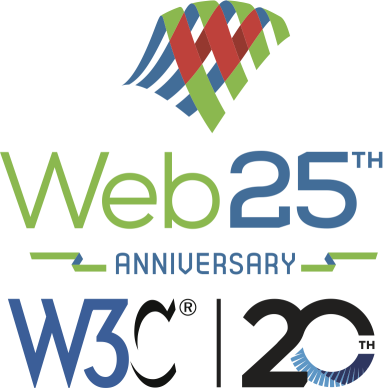
http://www.w3.org/2014/Talks/0321_phila_ld4lt/
Phil Archer, Data Activity Lead <phila@w3.org>

http://www.w3.org/2014/Talks/0321_phila_ld4lt/
Phil Archer, Data Activity Lead <phila@w3.org>
Schemas are more useful to morfe people if they're available in more languages.
<http://www.w3.org/ns/dcat>
a owl:Ontology, voaf:Vocabulary;
rdfs:label "The data catalog vocabulary"@en;
rdfs:label "El vocabulario de catálogo de datos"@es;
rdfs:label "أنطولوجية فهارس قوائم البيانات"@ar ;
rdfs:label "Το λεξιλόγιο των καταλόγων δεδομένων"@el;
rdfs:label "Le vocabulaire des jeux de données "@fr;
rdfs:label "データ・カタログ語彙(DCAT)"@ja;
<http://www.w3.org/ns/dcat>
a owl:Ontology, voaf:Vocabulary;
rdfs:label "The data catalog vocabulary"@en;
rdfs:label "El vocabulario de catálogo de datos"@es;
rdfs:label "أنطولوجية فهارس قوائم البيانات"@ar ;
rdfs:label "Το λεξιλόγιο των καταλόγων δεδομένων"@el;
rdfs:label "Le vocabulaire des jeux de données "@fr;
rdfs:label "データ・カタログ語彙(DCAT)"@ja;
Does it actually help to provide schemas in multiple languages?
And if so, how, and how much?
Need to look at the Organization Ontology, its Japanese translation and its schema
Is it more helpful to translate the specification or the schema?
Is one ever really helpful without the other?
How much does it matter if the spec and the schema are not in 100% alignment?
i.e. the spec provdes a lot of context missing from the schema, so for people who only read the schema, sometimes extra clarification is provided in term definition.
Do we need a template/best practice guide?
Take DCAT again:
<http://www.w3.org/ns/dcat>
a owl:Ontology, voaf:Vocabulary;
rdfs:label "The data catalog vocabulary"@en;
rdfs:label "El vocabulario de catálogo de datos"@es;
rdfs:label "أنطولوجية فهارس قوائم البيانات"@ar ;
rdfs:label "Το λεξιλόγιο των καταλόγων δεδομένων"@el;
rdfs:label "Le vocabulaire des jeux de données "@fr;
rdfs:label "データ・カタログ語彙(DCAT)"@ja;
Why en, es, ar, el, fr and ja?
Take DCAT again:
<http://www.w3.org/ns/dcat>
a owl:Ontology, voaf:Vocabulary;
rdfs:label "The data catalog vocabulary"@en;
rdfs:label "El vocabulario de catálogo de datos"@es;
rdfs:label "أنطولوجية فهارس قوائم البيانات"@ar ;
rdfs:label "Το λεξιλόγιο των καταλόγων δεδομένων"@el;
rdfs:label "Le vocabulaire des jeux de données "@fr;
rdfs:label "データ・カタログ語彙(DCAT)"@ja;
Why en, es, ar, el, fr and ja?
Because that's what we were offered.
What tooling and what processes should W3C put in place (ideally) to manage this?
Like any exercise, issues of demand, resources, impact and priorities all come up.
Are the concepts of normative and informative language useful?
If so, how do we indicate that?